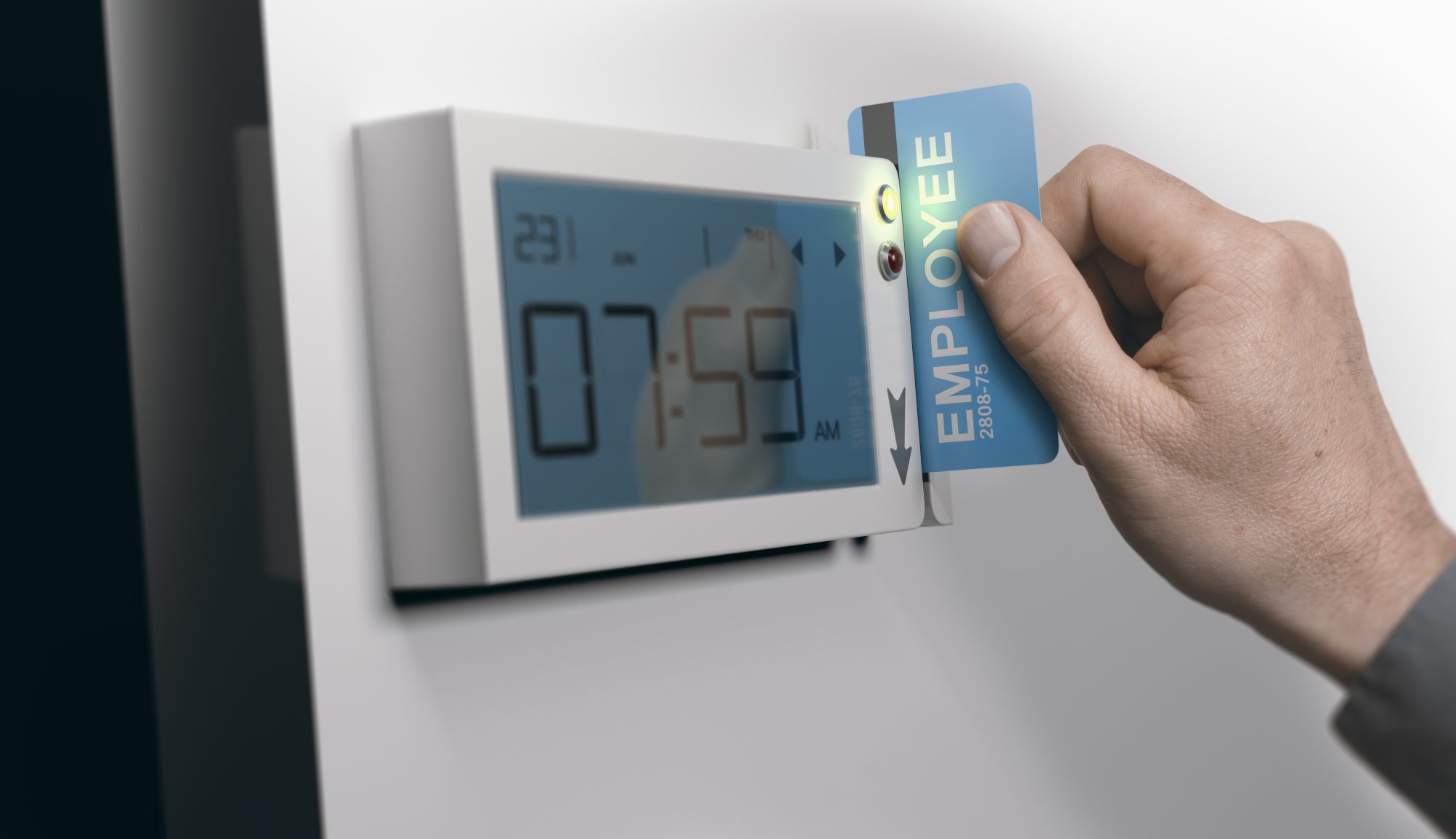What Income Can Be Considered to Meet a Spouse’s Maintenance Needs?
In the quiet aftermath of divorce, some of the hardest questions are not about love lost—but about what comes next. Especially when it comes to money.
For many spouses who’ve left the workforce to support a family, manage a home, or follow their partner’s career, there is often deep uncertainty. Not just about how to pay bills—but about whether the law will even acknowledge the kind of support they need.
The legal standard in Minnesota is clear in one regard: if a spouse has sufficient income to meet their reasonable needs, spousal maintenance is not awarded. But what counts as “income”? And how should a court determine what assets could or should generate?
This question has been the center of some of Minnesota’s most personal and consequential appellate decisions.
Curtis v. Curtis: Courts may require a spouse to reallocate investment assets to generate income
When Susan Curtis* walked away from her long marriage, she did so with a share of investment assets—funds that had been carefully built over years, mostly focused on long-term growth. But Susan didn’t have a job that paid enough to cover her daily needs. She needed cash flow. And she asked the court for spousal maintenance to help her get by.
But the trial court believed she had another option: she could reallocate the investments. The court ordered her to shift her growth-oriented portfolio into income-producing assets to meet her ongoing needs, and denied her request for maintenance.
Susan might have felt frustrated. After all, these investments were her future—they represented stability, not necessarily income. Being told to change them may have felt like being asked to surrender her security for short-term survival.
Yet the Minnesota Supreme Court upheld the trial court’s decision. It gave guidance to judges evaluating this kind of issue: courts should consider the nature and liquidity of the asset, the age of the spouse, and how the assets were invested during the marriage. That framework allowed for flexibility, but it also reinforced a key idea: if the assets can reasonably be reallocated to generate income, spousal maintenance may not be warranted.
Still, the Supreme Court sent the case back to the trial court for one critical reason: the court had not considered the tax consequences of requiring Susan to sell and reinvest her assets. That part of the picture, the court said, mattered too.
Tennebaum v. Deshpande: Reducing investment income through a reasonable asset use may be permissible
A few years later, in Tennebaum v. Deshpande, a different picture emerged. When Priya Deshpande* received her divorce settlement, she used a large portion of her liquid assets to buy and furnish a new home. Her ex-husband argued that she shouldn’t be allowed to do that—that by converting income-producing assets into a personal residence, she had essentially reduced her own need for spousal maintenance on paper only.
But the trial court disagreed. And the Minnesota Court of Appeals upheld the decision, affirming the lower court’s discretion. A spouse may reduce the income-generating potential of their assets when doing so meets a reasonable post-divorce need, such as securing stable housing.
The takeaway from Tennebaum wasn’t that every choice is justified—but that courts are empowered to consider context. What might seem financially inefficient may still be appropriate, if it reflects good faith, stability, and reasonable needs.
Lyon v. Lyon: If income from assets meets needs, no spousal maintenance is warranted—even if the other spouse earns far more
But for some former spouses, this discretion feels harsh. That was likely the case for Linda Lyon*, whose ex-husband earned an enormous salary—well over $800,000 a year. Linda, on the other hand, was awarded assets that could generate modest income.
She sought maintenance, arguing that the sheer disparity in incomes was unjust. But the Minnesota Supreme Court held otherwise. If a spouse’s needs can be met through income from assets, the court will not order spousal maintenance—regardless of how much the other spouse earns.
The law doesn’t equalize income after divorce. It ensures self-sufficiency. And where a spouse has been given the means to be self-supporting, the court’s obligation ends—even if the financial pictures of the two parties remain vastly unequal.
Lessons From the Cases: Discretion, Not Equality
Together, these cases illustrate one of the most sobering realities in Minnesota family law: a spouse who can meet their needs from income—whether earned or generated from assets—will not be awarded maintenance. That’s the law. And while courts have discretion in interpreting what that means in practice, the bar remains high.
- In Curtis, the court said a spouse can be required to adjust their portfolio to produce income.
- In Tennebaum, it affirmed that asset use that reduces income might still be reasonable.
- In Lyon, it reinforced that income inequality is not the same as unmet need.
These decisions reflect more than legal doctrine—they show the tension between financial fairness and legal finality. For some, divorce becomes a lesson in adjustment. For others, it’s a quiet recalibration of what stability looks like, and what courts believe it should cost.
Citations
- Minn. Stat. § 518.552, subd. 1 (2024) (The court may grant a maintenance order if the spouse lacks sufficient property or cannot provide self-support through appropriate employment.)
- Curtis v. Curtis, 887 N.W.2d 249 (Minn. 2016) (Courts may require reallocation of investment assets to generate income, but must consider tax consequences).
- Tennebaum v. Deshpande, No. A22-1368, 2023 WL 5185628 (Minn. Ct. App. Aug. 14, 2023) (Courts may allow a reduction in income from assets when used reasonably, e.g., to purchase housing).
- Lyon v. Lyon, 439 N.W.2d 18 (Minn. 1989) (If a spouse’s needs can be met from income, maintenance is not awarded, regardless of income disparity).
- *The identities of these parties and facts of their matter were publicly published and thus not confidential. While the case holding and statutory references are accurate, creative liberty has been imposed for the emotional portrayal of the parties.

Schedule a consultation
Ready For A Fresh Start?
Ready to take the first step towards a brighter future?
Click the button below to connect with our experienced divorce attorney and start your journey toward a better tomorrow.
Get Started NowBy Appointment
The Reserve:
4951 W. 77th Street
Edina, MN 55435
By Appointment
1915 Hwy 36 West
Roseville, MN 55113
By Appointment
724 Bielenberg Dr
Woodbury, MN 55125




